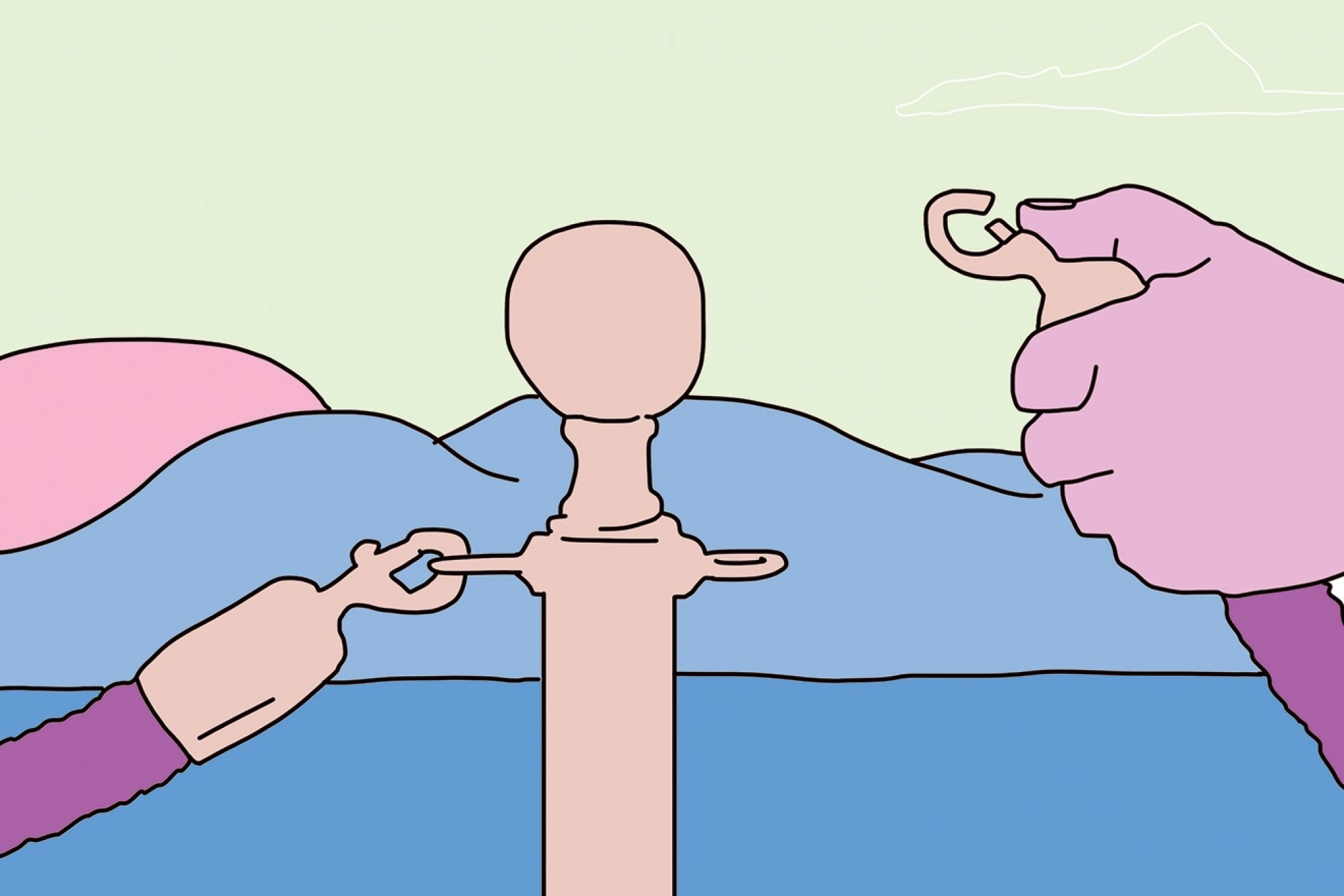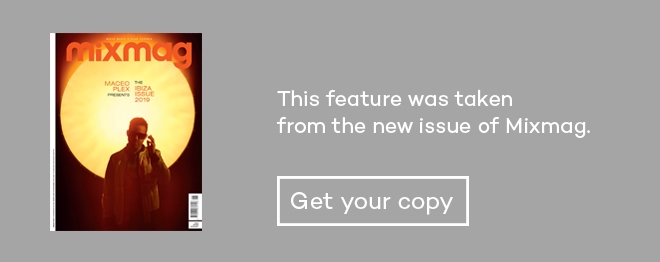 Comment
Comment
Dance music needs to be more inclusive for disabled artists, DJs and clubbers
There's more to be done to make dance music truly diverse
While a physical disability shouldn’t limit anyone’s enjoyment of music, it’s rare that you find someone disabled on either side of the DJ booth. Around one in five people in the UK are disabled, but if you’re an aspiring DJ with any kind of impairment, you’re looking at a world with few identifiable role models.
One of those might be DJ and Sensoramic label boss Laura Jones. She’s long been open about the difficulties associated with being a DJ with a disability. When we speak, it’s a week after her yearly check-up at Moorfields Eye Hospital, and one of the few breaks she currently gets from looking after her one-year-old child.
Laura was diagnosed with Stargardt’s macular dystrophy in 2008, a rare condition that causes degenerative blindness. “The most challenging side of things has been the mental side of it,” she says. “You’re losing a sense, something you’ve become very reliant on over the years and taken for granted until it’s going – or gone.”
Laura’s visual impairment makes DJing difficult, for obvious reasons. A dimly lit club bustling with people can be difficult to navigate at the best of times, and while her vision loss hasn’t stopped her pursuing her music career, it hasn’t come without its challenges.
Laura’s main requirement is a bright source of white light on the mixer. It’s a simple request, but one promoters frequently neglect. “Think of how many crazy and indulgent things some DJs have on their rider – alcohol, food and so on – and yet all I’ve had is a light. The number of times I’d turn up and they just wouldn’t have it! In the end I just started to carry a light of my own that I knew would do the trick.”
It seems that asking for someone’s accessibility requirements is a rarity in the club world, and unsurprisingly, it has a knock-on effect: “You can feel a little bit embarrassed and a bit of a burden,” Laura says.
She’s also had to adjust her approach to music production. Despite improvements in software like Logic over the years, she says there’s a long way to go. “My next step is to have my own set-up, where it’s all hands-on and I don’t have to look at
a computer screen. So it would just be a drum machine, sampler, polyphonic synth and away you go.”
But she’s keen to emphasise the importance of emerging technology in music production: “We’ve got so much information at our fingertips, it’s naturally a really exciting time.” It’s a sentiment echoed by Buster Bennett, Director and Founder of award-winning DJ school London Sound Academy.
“Recent advances in technology have made it easier for disabled DJs with all sorts of new ways of DJing becoming a possibility, compared to the days it was just turntables,” he says. In fact, one of Buster’s students, Jacob, is deaf; Buster taught him to DJ using a SubPac and the visualisations on CDJ screens.
When he tries to get his disabled students on line-ups, physical access remains a major hurdle. For one thing, “there’s no room to swing a cat in any DJ booth,” he says. Most booths are accessed by a step, and locating basic amenities like a disabled toilet is often impossible. “The vast majority just aren’t set up for it, especially at the kind of small, underground clubs where DJs start out.”
"There is a lot of room for improvement"
Venue accessibility isn’t a new issue, and it’s one that charities like Attitude Is Everything (AIE) have been campaigning on for years. Rich Legate is Artist Development Manager at AIE and he’s recently launched their ‘Next Stage’ project, speaking to 100 UK artists and DJs to learn more about the needs of aspiring disabled musicians.
“When you consider the lack of successful artists who are disabled, and then also the vital role of venues and promoters in cultivating talent, there is a lot of room for improvement.” Echoing Laura, he points out that no disability has the same requirements and many are invisible. “Can we make it the norm to ask for access requirements when advancing shows? That would help take the burden away from the artist and give them confidence that the industry wants to work with them,” he says.
Funding is one of the most frequently raised issues preventing venues from improving accessibility. “There aren’t currently many options open to small clubs and venues,” Rich says. “Some venues have used crowdfunding to raise money to develop their access, and others that operate as NPOs [not-for-profit organisations] are able to apply for project grants from the Arts Council.”
That said, there are still a number of improvements any venue can make with little or no budget. AIE’s ‘DIY Access Guide’ is available online, and is a no-nonsense guide to setting up a night that caters for everyone.
Rich is keen to stress this shouldn’t just be about compliance. “I think the penny just hasn’t dropped for so many people,” he says. “What festivals and clubs can do is half on a practical level, in terms of what they can do with their resources and space. But the other side is giving time and showing a willingness to seek out disabled artists and support them.” And while London nights like Inferno and Pussy Palace pride themselves on their policies of inclusivity, they’re few and far between.
Despite these challenges, one thing is for certain: the desires and aspirations of people with disabilities to become musicians and DJs. And it’s a conversation Laura’s keen to be a part of: “I’m deciding to use my experience and what I’ve learned so far and start a bit of a community for swapping tips and tricks and tools and techniques for making music.”
She explains that at any stage of diagnosis, it’s important to get out there and learn to believe in yourself. “I want to give something back, and I feel the best way I can do that is by using my experience up to this point and the position I’m in to give other people inspiration.”
She emphasises that it’s ultimately a question of representation, and that it’s about time disability joined the likes of gender, race and sexuality in our efforts to increase diversity in the industry. It’s something that will benefit everyone; after all, it’s only by being open to the different ways people experience and interact with music that we ever push the boundaries of what we listen to.
Read this next!
Nightclubs need to be way more accessible for disabled clubbers
Rave the planet: How dance music can limit its environmental impact
How to prepare for life after the music stops




